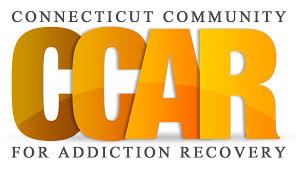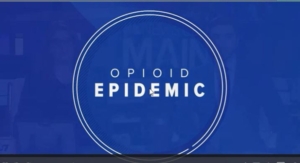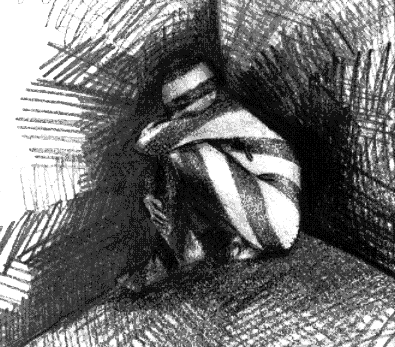
YOU ARE IN RECOVERY IF YOU SAY YOU ARE
One of the most radical notions CCAR adopted in our early years is “you are in recovery if you say you are”. It is one of CCAR’s five foundational principles. Yet, this idea still spurs disbelief, contempt and even ridicule. Let me relay how CCAR embraced this; hopefully I can counter the most common disagreements.
Back in 1999, as Associate Director, I was part of the early formation of CCAR. People from the recovery community met about once a month (on a Saturday) for a full day of organizational planning. Over several months and under the leadership of Executive Director Bob Savage and the skilled facilitation of Jim Wuelfing, CCAR developed a vision, a mission and organizational guidelines.
We held many discussions about CCAR membership; often they were tabled to the next session. There were stout opinions expressed by passionate people. However, the membership topic paled in comparison to another one – the definition of recovery. We were called the Connecticut Community for Addiction Recovery, so it was imperative that we come to some common ground on how we defined recovery.
We argued about abstinence. We fought about medication. Methadone debates flared. We threw marijuana maintenance on the table. We fired questions across the room. What about family members? What about allies? Jim used all his considerable facilitation skills to keep the room manageable.
The turning point came when someone introduced Tradition 3 from Alcoholics Anonymous.
“The only requirement for membership in AA is a desire to stop drinking.”
Who determines if an AA member has a desire? The person. Someone from the planning group then offered.
“So… you’re in recovery if you say you are.”
Silence settled over the room. We thought about it. There was no more argument. We had found our answer. It’s up to the individual. This was the beginning of a CCAR fundamental concept that the individual is the best resource on their recovery. We had yet to put it into those words. That would come years later.
At the time, we also discussed the idea that people are allowed to “work their own program” within 12 Step programs. People had flexibility within the 12 Step structure. CCAR carried the flexibility to a larger construct – the desire to embrace all forms of recovery. We described it as a large tent that could encompass us all. Again, we planted a seed for another powerful principle – multiple pathways of recovery. This has served CCAR well over the years.
Not everyone agrees. Some people think that allowing an individual to determine their own recovery status is dangerous. Reading through some volatile comments on social media, I detected narrow mindedness. If a person did not adhere to a specific demarcation of recovery, if they do not abide by the rules of their club, then they are not in recovery and therefore invite devastation. In essence, people with this mindset exile those who believe differently.
I am not in alignment with that idea. I believe I cannot define another person’s recovery. I know what works for me. I am not sure that what works for me would work for someone else. I may observe a person’s behavior and say to myself – I wouldn’t do that. In my role as a coach, I can share my observance and offer suggestions. I am curious. I offer encouragement. I ask questions.
“How’s that working for you?”
And does it really matter if recovery is not precisely defined? Recovery is not threatened by anything. It stands alone.
I have come to believe that recovery is not black and white. Recovery often takes root and thrives in the gray area. I discovered the wonder of the gray area while facilitating a workshop many years ago titled “12 Steps and Religion – Adversaries, Strangers or Friends?” There were some men with decades of time in Alcoholics Anonymous and two women who claimed decades of recovery as well. The eyes of the women beamed with spiritual light. They ran a ministry for the addicted and homeless out of their church. They oozed care, compassion and hope. The led lives of service. Yet the old-timers from AA said these women were not in recovery because they did not attend meetings. I got to practice my facilitation skills for that discussion.
But my eyes were opened. I had to take a look at my own narrow mind. I believed there was only one path, one way, one pathway – the one I was on. And through introspection, my self-built walls collapsed. Recovery was so much more expansive than I thought. Perhaps, being somewhat new in recovery (12 years), I protected and defended the program that saved me, Alcoholics Anonymous. I realize today I operated out of fear. I was afraid any pathway other than AA was a threat to me; when in reality, it was not. As I mature in my recovery, my fear of other pathways abates. Today, I am supportive, and curious, about any pathway that helps people recover.
I believe, to the very depth of my soul, that you are in recovery if you say you are.
Phil “Right Click” Valentine
Recovery established 12.28.87






Leave A Comment